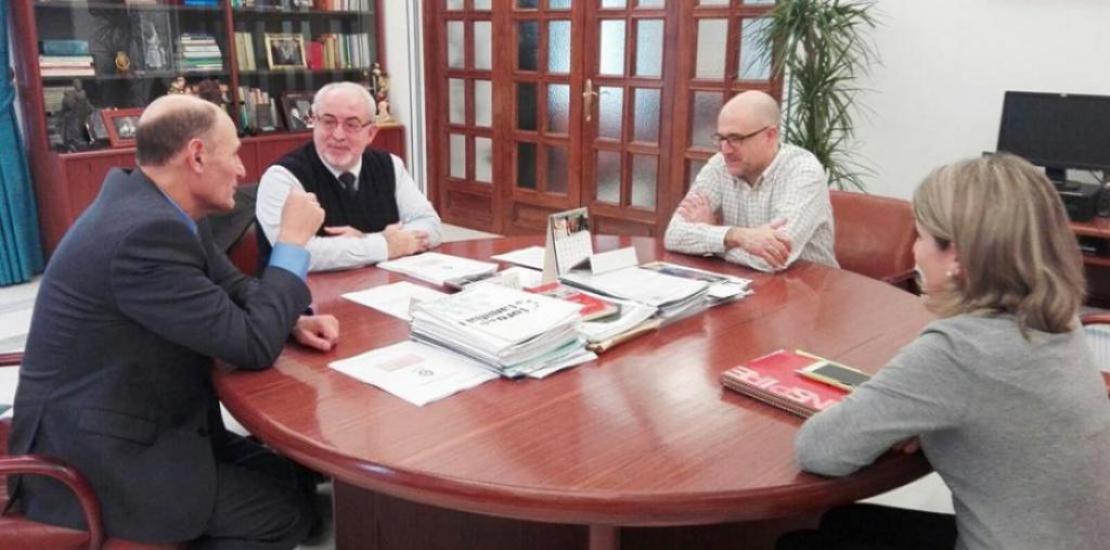UCAM opens up to crowdfunding a pioneering research to cure multiple sclerosis
The project, included in the Precipita platform of the Spanish Foundation for Science and Technology (FECYT), which belongs to the Ministry of Science and Innovation, is directed by the UCAM researchers Juan Carlos Izpisúa, Professor of Developmental Biology; José Meca, neurologist and Head of Unit at the Hospital Virgen de la Arrixaca and Estrella Núñez, vice-chancellor for Research
More than two and a half million people currently suffer from multiple sclerosis, 50,000 of them in Spain. It is a serious chronic neurodegenerative disease of an inflammatory and autoimmune nature which is the main cause of non-traumatic disability in young adults. 70% of cases are diagnosed between 20 and 40 years of age, therefore the impact of this ailment of the personal, working and family life of these patients it is very high.
The project, ‘Cell reprogramming for the treatment of multiple sclerosis’, aims to identify the factors related to age that act as genetic regulators in the repair of the myelin sheaths of the central nervous system. In this way, multiple sclerosis patients could repair their damaged nerve cells and improve their quality of life. The research, which is already being developed, financed with UCAM’s own funds, is now open to crowdfunding for those who wish to make their contribution, with the aim of increasing resources and accelerating results.
Juan Carlos Izpisúa, Professor of Developmental Biology and director of the Gene Expression Laboratory at Salk Institute, in La Jolla, California; José Meca, neurologist and Head of Unit at the Hospital Virgen de la Arrixaca and Estrella Núñez, Professor of Biochemistry and vice-chancellor for Research, are leading the studies to achieve an experimental model that simulates different stages of disease development from induced pluripotent stem cells (iPSCs) (adult cells that have been genetically reprogrammed to change to a state similar to stem cells). The researchers will obtain them from somatic cells from multiple sclerosis patients of different ages, which will allow them to better understand how the disease progresses as these people get older and to test drugs and other advanced therapies for their treatment.
How can you collaborate?
Enter the Precipita website and follow the steps indicated to make a contribution.




